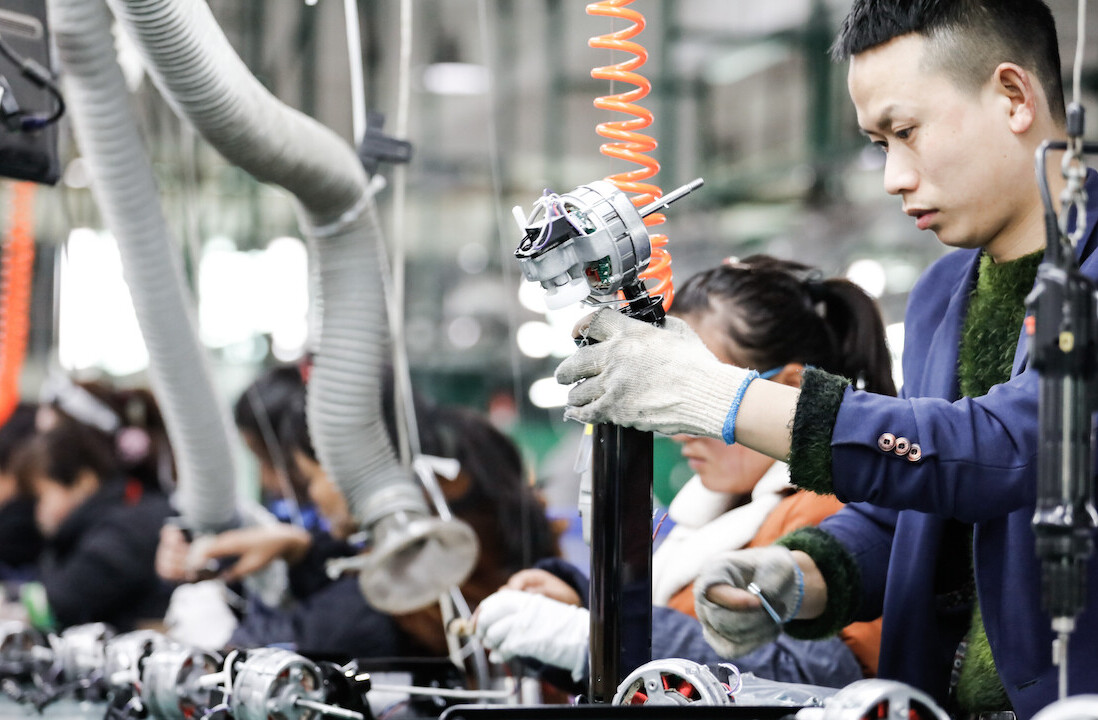
I’ve been beating around the bush with this topic for the past several months, so it’s time that I met it directly and whacked it on its head. Revenue. Cash flow. Balance sheets. These are words that make me excited. Perhaps they make you want to reach for stimulants, but I find them exhilarating on their own.
Now, I am no certifiable expert on any of the topics that I am going to be writing about for the next 1,500 words or so, but that doesn’t bother me. I’ve worked for young companies, founded one (I still have a patent from that venture), helped run events about them, judged events that included them, and I talk to entrepreneurs every day. I have also taken classes at Booth business school (BusinessWeek’s number one pick), and have spent ungodly amounts of time reading annual reports and running mutual fund simulations. Those are my credentials. Make of them what you will.
I note all of that because we have the room, it is the weekend after all, but also due to the fact that I want to point out that I am no MBA carrying tool, ready to apply a model and claim to have ‘solved the problem.’ Instead, today, we are going to dig through the idea of startups, revenue, and when it is a good idea to turn on the tap of cash. In other words, when should a startup focus on making money?
To make our case, we are going to compare and contrast the two startup communities that I know best: the San Francisco/Silicon Valley crew, and the Chicago crew. I actually did not select these two areas because of my intimate knowledge of them, but because there is a palpable distinction between the two that is worthy of exploring.
All throat clearing aside, it’s about the damn money and when a company should make some of it.
Show me the money: Chicago
I currently live in Chicago, which is an excellent city that is increasingly making its mark on the world of startups. There is more money and activity here than anyone seems to be able to recall. If you want to get a look at what sort of companies the city is growing, head here. If you want to get a feel for the city’s developer climate, head here.
To put it in a single phrase, when the mayor of a city shows up to a demo day that includes only investors, press, and founders (only a few hundred total) as happened in Chicago last week, you know that the entrepreneurial culture is beginning to take hold.
This article is not about Chicago itself, however, but about money. This is what I have to say about Chicago startups: they tend to be very focused on making money upfront, early, and often. In fact, they often tout this when you talk to them. It tends to go like this: “We launched two months ago, traffic is up 500% month over month, and revenue is up 200%. We will be cashflow positive in three more months.” Cash, here, is king.
In fact, a prime example can be lifted from the demo event I mentioned earlier. A company made a self-deprecating joke that went as follows: “We are in Chicago: so the question is how do you make money?” It was humorous at the time as the company had the least developed revenue model of the whole batch, but the sentiment is not off. Here, in Chicago, you had better make money, or else.
Or else what? That is a somewhat amorphous threat, or perhaps feeling of fear, among the city’s entrepreneurs. There is now enough money in the city to float enterprises that don’t make a dime for years. That wasn’t always the case, so the ethos of make your own damn money is a strong one; there were few investors here for early stage companies, so if they were not self-sufficient, they would fail. That idea, the Chicago ‘make some money’ ethic, persists.
Chicago has a constant chip on its shoulder about not being San Francisco, but it can take pride in being unique in that the goal here is to generate revenue fast, and generate it now.

Later sounds better: San Francisco
Ah San Francisco and Silicon Valley, home to the biggest, fastest, best, and otherwise most excellent startups in the world. That Groupon, Chicago’s darling, has an office that they are aggressively staffing here is hardly a surprise. You simply can’t avoid the Valley. It has the most investors, founders, developers, events, clients, customers, vendors, and so forth. You name it, and it’s here.
That leads us to our second ethos: make money later. Of course this is not true for all companies in the area, as what we said about Chicago is not true for all companies there, but there is a much higher chance of a company telling you that they are focusing on growing their userbase and not working their business model than in Chicago.
If you have talked to 100 startups in both locations, this is undeniable, and it’s just fascinating. Recall that we painted old Chicago (pre-Groupon) as somewhat barren, which led companies to being more self-sufficient and revenue-focused? Well, the opposite is true in San Francisco. There have been investors with cash, and companies looking to buy here for so long that to make money is a secondary concern to being big and important.
There is always another round, or an acquisition offer that will fix any burn rate issue. It’s almost that simple. FriendFeed didn’t give a hoot about making money because they needed to, in their mind, get big before that was even something to think about (and they ended up being scooped by Facebook anyways). So the bother would have been wasted, right?
Perhaps, but only because Facebook wanted FriendFeed’s Bret Taylor to be its CTO, and was willing to buy the company for its engineering talent; that market is a bit tight, after all. This, directly, leads us to our next point.

Hot or not
In the end, which model is better? It’s almost a silly question to ask, as neither was ‘set up’ in any way; both simply grew into what they are over time. And yet, should a young company focus on getting ‘big’ or on making money early? It’s not idle speculation. People want to know.
I’ll say this on the matter: So far as I can tell, the San Francisco model yields more hits and broken dreams, while the Chicago system builds more stable and unknown companies.
Let’s unpack that. In San Francisco, you get Twitter. But you also get 25 companies that didn’t make it, never had revenue, and frankly no one cares to recall. In Chicago, you only get one Groupon, but you do get a whole host of companies that are likely to survive, as they have been focused on making enough money to eat since their early days.
Is that a simplistic analysis? You bet your ass it is, but it’s also one that contains more than one grain of truth. I don’t want to ignite conversation of an antagonistic nature, but there is something to be said here. I forget the investor, but someone said that he likes to see “hundreds of percent growth a month” when referring to how quickly an internet firm was growing its userbase. The guy had a point. It’s better to be hot than dull, but when do you turn on the revenue tap?
It’s not simple, as Twitter is finding out, to just ‘do it’ and start making money. You almost want to argue that the products that are the most monetizable are the ones that have been built to be so since their inception.
But that might be too much to ask of all products. There is no answer to this question, but the discussion is worth having. The comments are yours, go to work.
Get the TNW newsletter
Get the most important tech news in your inbox each week.





